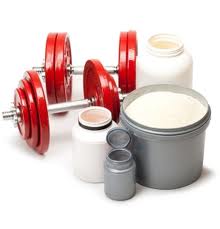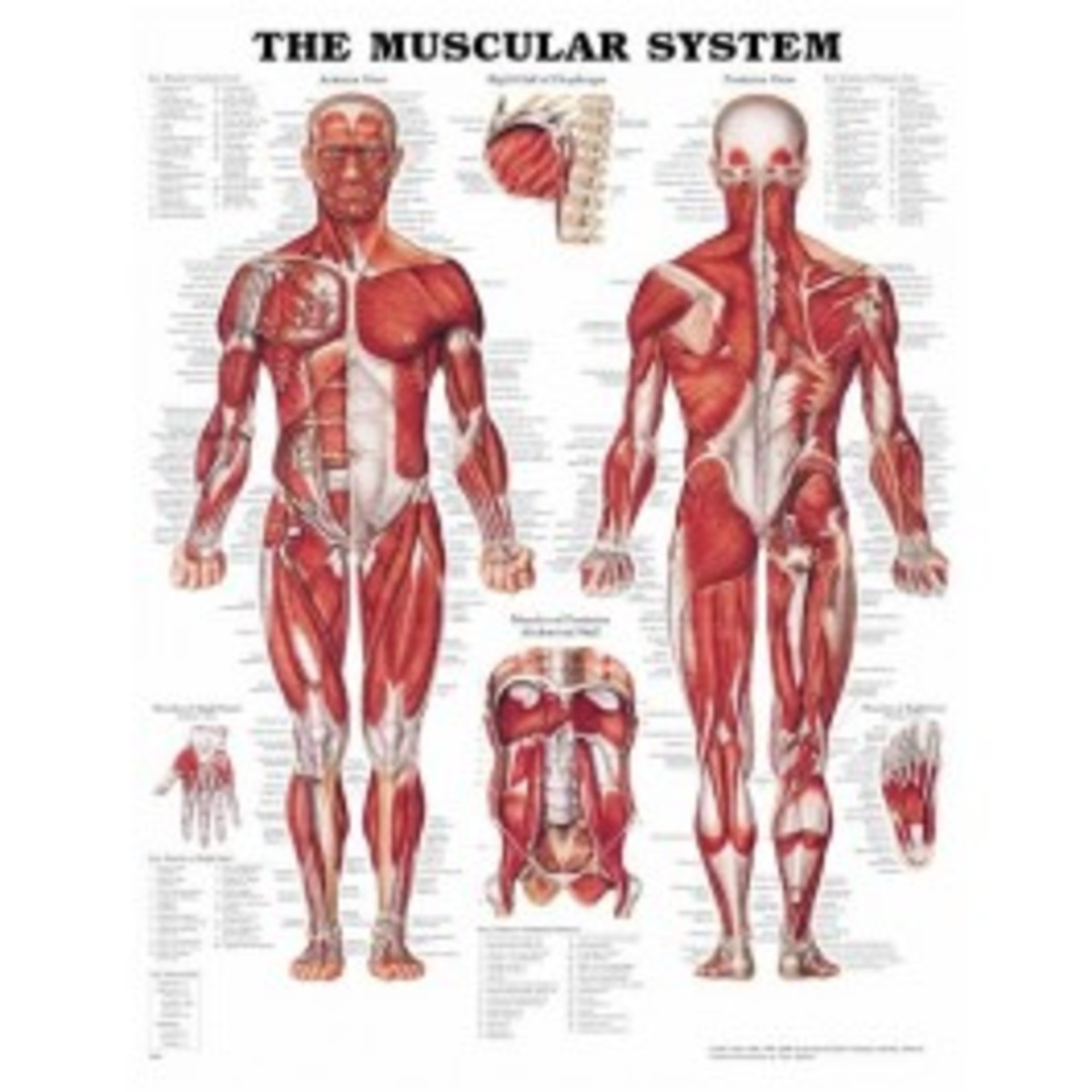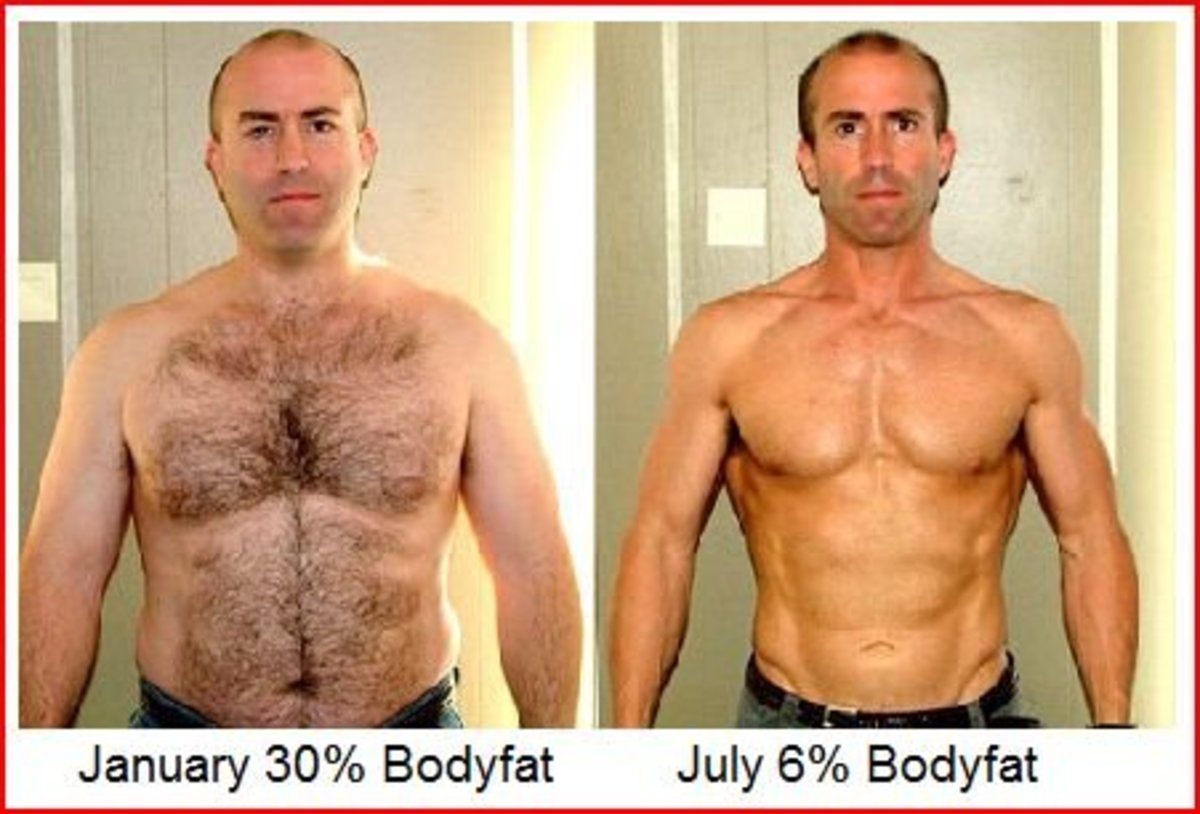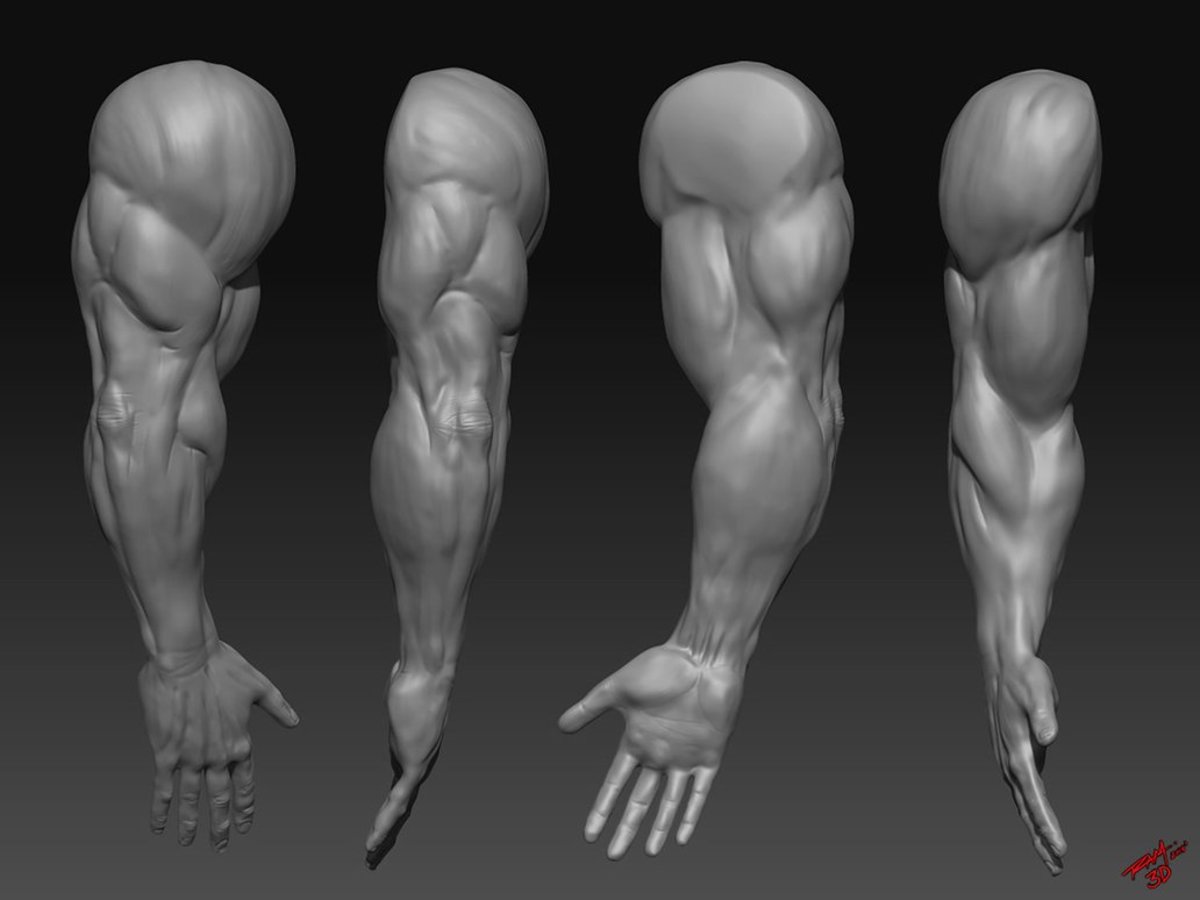How does Creatine build muscle?

creatine monohydrate
In 1832, creatine was discovered by a French scientist named Chevreul, and in 1841, creatine was discovered to be a normal element of muscle (Kutz) . It is a “nutrient that is naturally found in our bodies, and is made from a combination of the three amino acids: arginine, glycine, and methionine.” Most of the creatine - about ninety-five percent - that is in the body is found in the skeletal muscles. The five percent leftover is spread throughout the rest of the body. Food or dietary supplements supply the body with most of the creatine it needs. Creatine is produced by the kidneys, liver, and pancreas, and is found in foods such as fish and meat. It helps muscles to regenerate after exertion and it also provides the energy that muscles need to move (Swanson)
Creatine helps to build lean muscle mass and to reduce fat. This nutrient increases the amount of fluid that muscle cells can hold; therefore, by increasing the size of each muscle cell, the result will be bigger muscles (Sahelian 1,2) . By adding more creatine to one’s diet, one can experience an increase in muscle mass and a decrease in body fat. It is reported that both men and women, that take a creatine supplement, experience muscle gain. The average man gained eight pounds of body weight, while athletic men gained up to twenty pounds. While the body weight increased, the body fat level dropped. It was also reported that those men had a greater increase in lean mass than in body weight (Sahelian 28). By being able to pack more water into one’s muscles, several pounds of muscle water will be gained. “Although this sounds like a short-term benefit since it is not muscle protein,” scientists believe that these temporary gains may lead to long-term gains in muscle mass (Rowley)
Creatine is also known for increasing strength and power. It is “thought to enhance the body’s ability to make protein within muscle fibers.” There are two proteins, actin and myosin, that are needed for muscle contraction. Creatine helps build up the supply of these two proteins which actually “increases the muscle’s ability to perform physical work.” By being able to do more work through using one’s muscles, the stronger one will become (Sahelian 3,4) . Researchers have concluded that creatine makes one stronger, and also allows one to work longer and more intensely. Since creatine helps provide strength and power, it allows one to lift more weight and perform more repetitions; thereby, increasing one’s muscle growth (Sahelian 112-114)
“Creatine has been shown to be a benefit in short-duration high-intensity activities” (Kutz) . It will help to improve performance in any sport where there is an explosive or fatigue element.” It lessens recovery time, and increases the amount of work one can perform (Sahelian 100). Creatine supplementation appears to increase body mass, but this is due more to an increase in muscle water and not muscle protein. Athletes who must “carry” their weight might not benefit from increasing their creatine level (Powers 481) . Like stated above, creatine helps in short-duration high-intensity activities; therefore, it may not help a marathon runner to win a race, but it will help him in his resistance training (Sahelian 101)
ATP-CP is the creatine-dependent energy system that one’s muscles rely on for quick explosive movements. ATP must be constantly replenished because muscles cannot store a lot of ATP. Creatine phosphate gives up its phosphate molecule and ATP can be resynthesized. Because of this, creatine acts as an energy storehouse so when one needs energy, the muscle taps into this storehouse to get the raw material it needs. Thus, “the more creatine in one’s muscles, the more potential energy is available.
Scientists have been studying the health benefits of creatine supplementation. It has been proven effective in treating some eye diseases. They say that it may help people with AIDS and the elderly that have muscle-wasting syndrome. Creatine supplementation is being researched as a way to offset diseases and the aging process. It may also prove useful to those whose muscles have “atrophied due to injury or extended illness.” Due to these findings, it will hopefully open up new possibilities for research with the nutrient creatine monohydrate (Sahelian 95,96).
Bibliography
Kutz, Matthew. “Creatine Effects on Performance and Health.” (2003) : n. Pag. Online. Available: www (Http://www.fitnessworld.com/info/infopages/library/ nutrition/n...).
Powers, Scott K. and Edward T. Howley. Exercise Physiology.
Boston: McGraw-Hill Company, 2001.
Rowley, Brian. “How to Make Your Muscles Bigger.” Flex, Vol. 21, Issue 1 (2003) : 158.
Sahelian, Ray and Dave Tuttle. Creatine - Nature’s Muscle Builder. Garden City Park, New York: Avery Publishing Group, 1997.
Swanson, David. “What It Is, What It Does.” Rolling Stone, no. 889 (2002) : 58.








